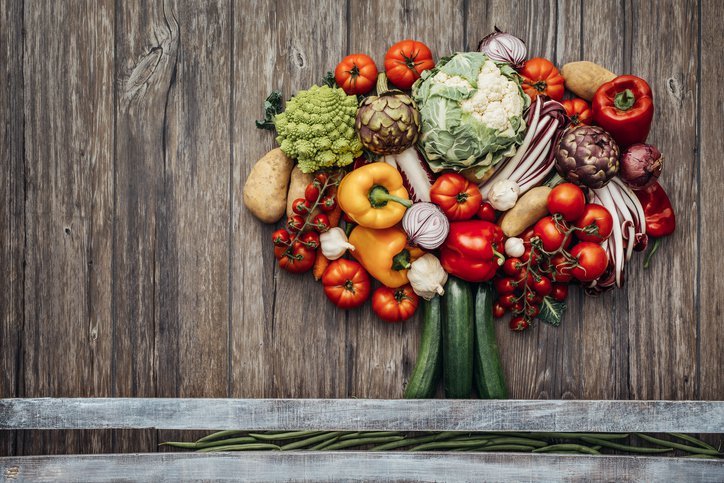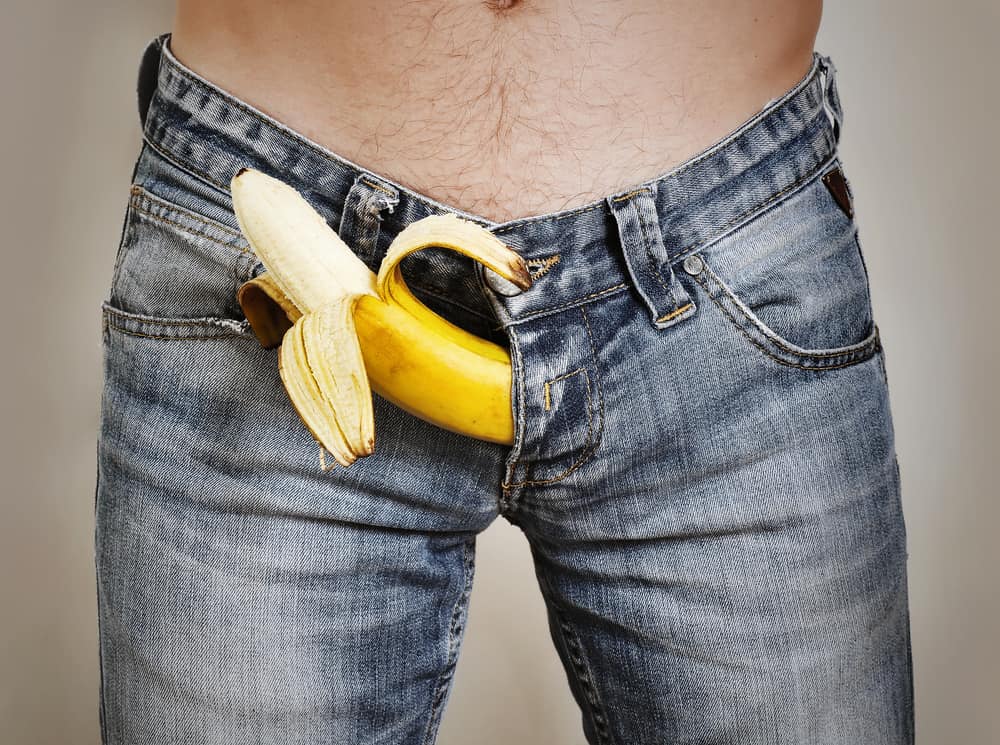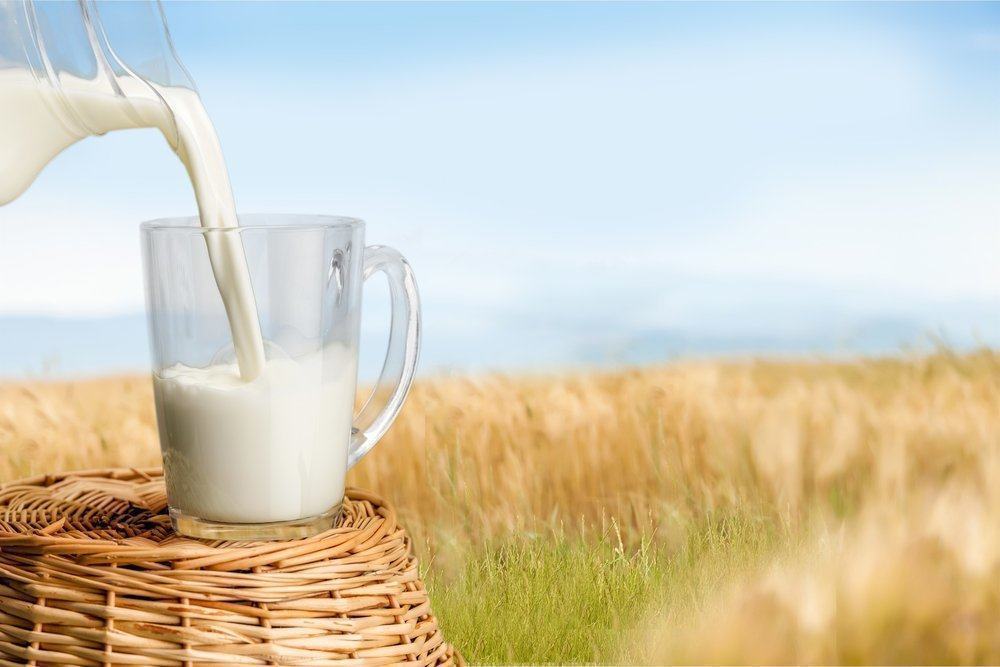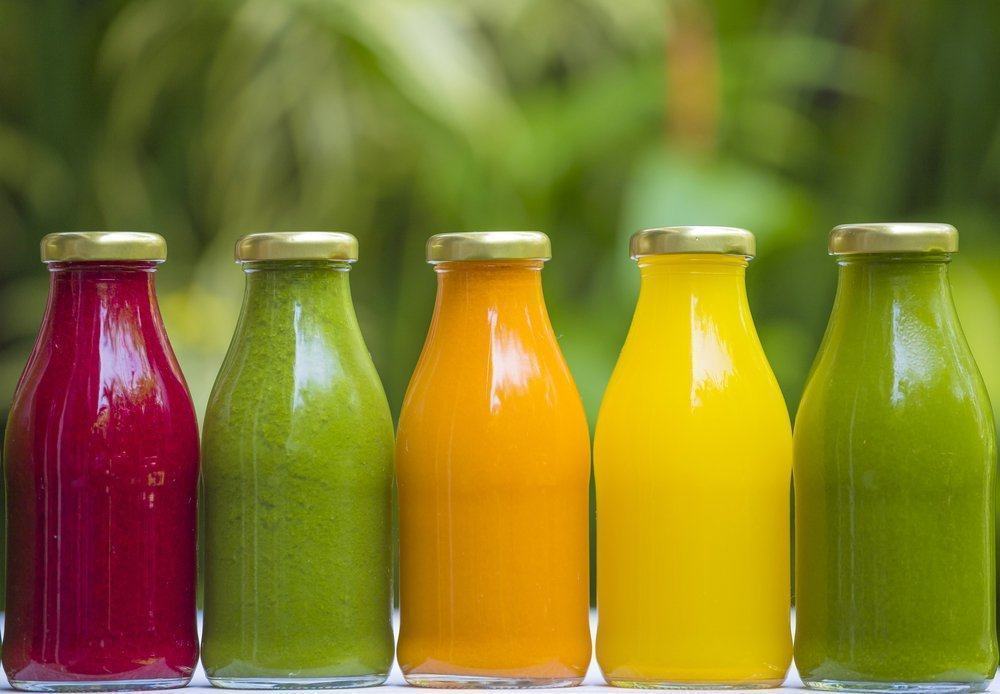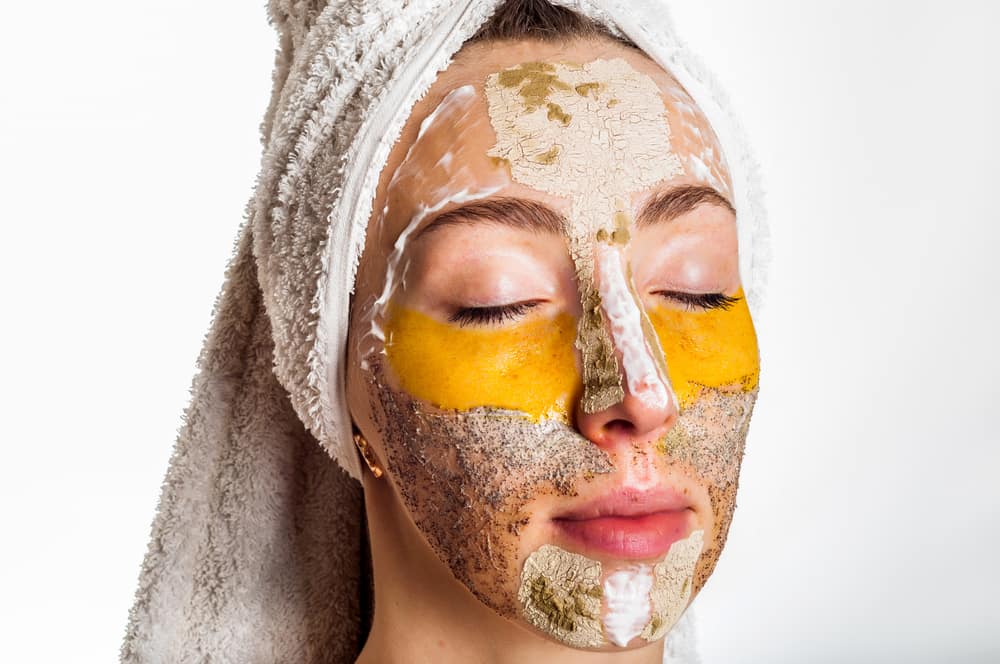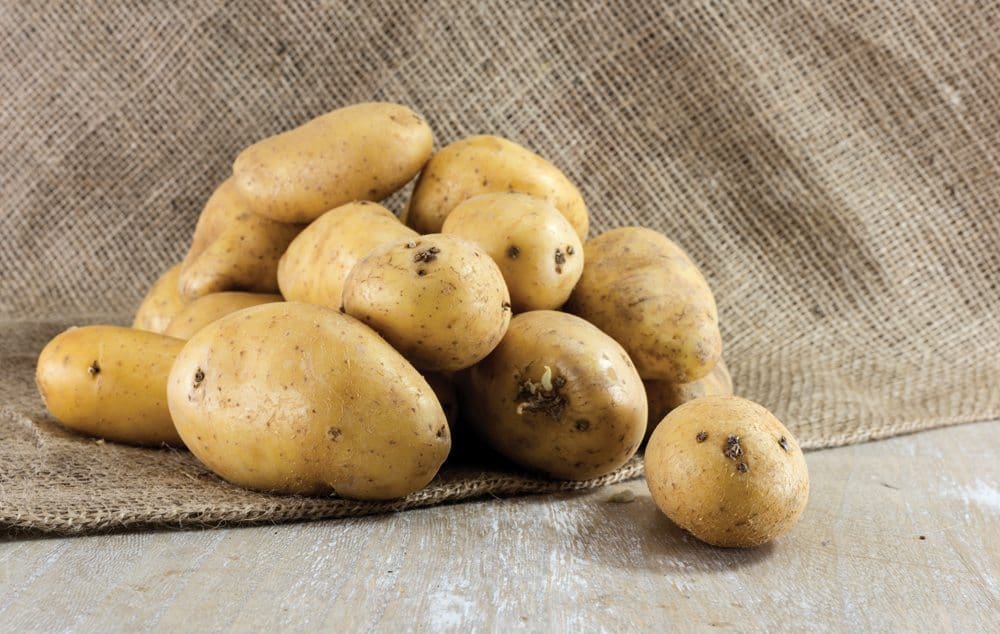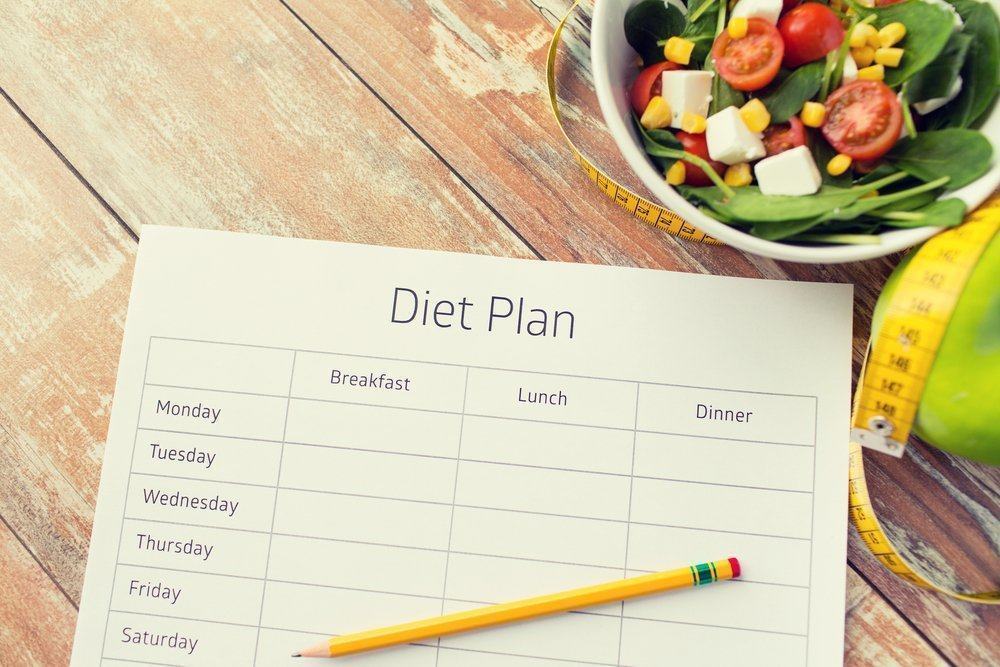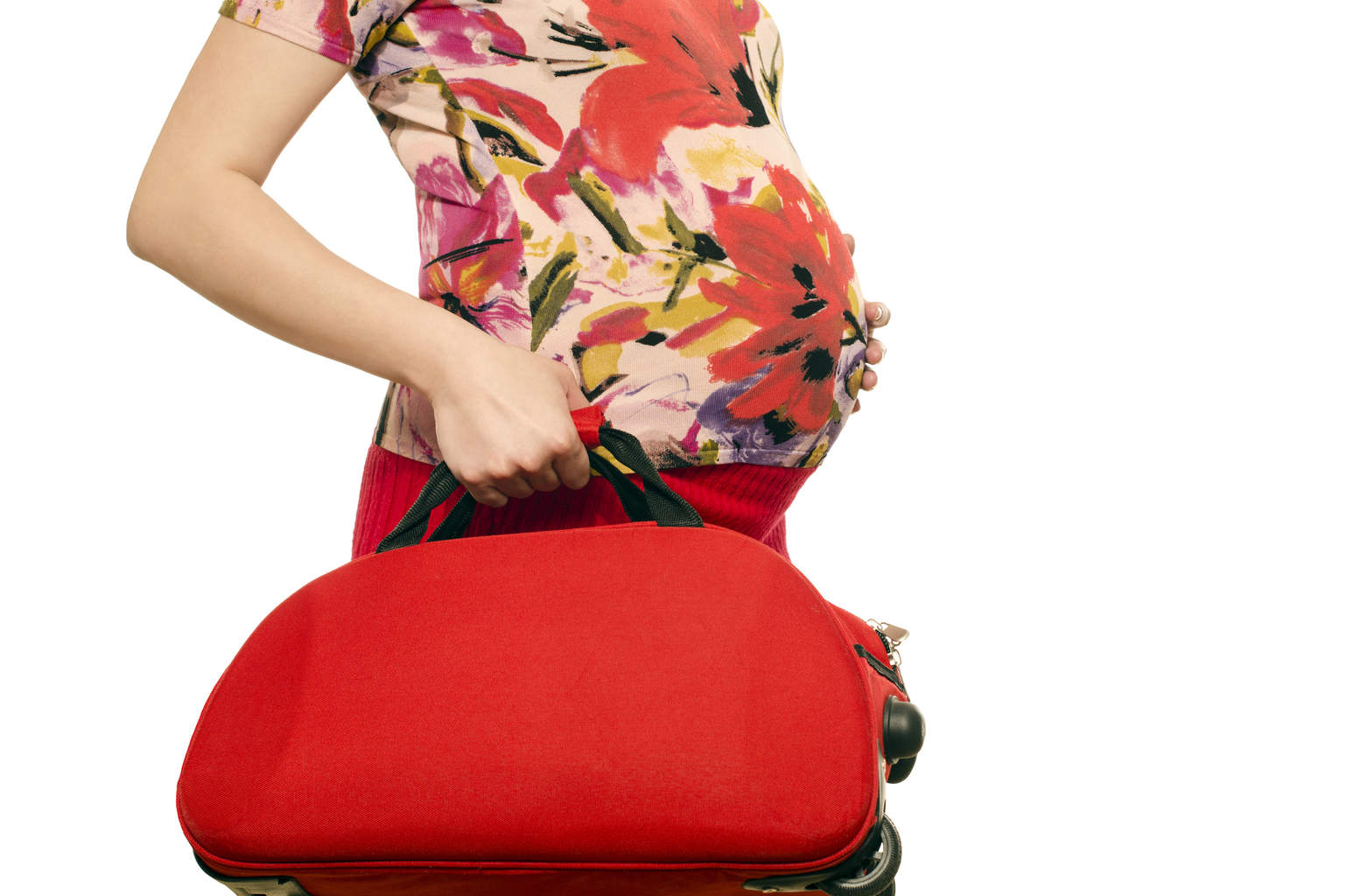Contents:
- Medical Video: Dr. Oz Explains the Vegan Diet
- What's the difference between vegan and vegetarian?
- Benefits of a vegan diet
- 1. Lower risk of heart disease
- 2. Reducing the risk of cancer
- How does the vegan diet affect bone health?
- Is vegan at risk of experiencing nutrient deficiencies?
- How do you keep your body fully nutritious even though you are on a vegan diet?
Medical Video: Dr. Oz Explains the Vegan Diet
Being a vegan is not only a lifestyle, but it can be a life choice. There are many reasons and also considerations as to why someone chooses to become a vegan, but the three general reasons on which a person chooses vegan is because they respect animal rights, the environment, and for health.
However, is it true that a vegan diet can make you healthy and avoid various diseases?
What's the difference between vegan and vegetarian?
Before discussing it further, you should first know what vegan is. Vegan is a diet that only eats planted foods, such as vegetables, fruits, nuts, and seeds. Vegans do not eat foods sourced from animals, including products from animals, such as milk, eggs, cheese, honey, and others.
Therefore, it is not surprising that a vegan diet contains high levels of fiber, magnesium, folic acid, vitamin C, vitamin E, iron, and phytochemical substances that are mostly sourced from plants. In contrast, vegan diets tend to lack calories, saturated fat and cholesterol, omega-3 fatty acids, vitamin D, calcium, zinc, and vitamin B12 which are found in many animals.
Benefits of a vegan diet
Because of its diet which only eats vegetable-based foods, a vegan has the following advantages:
1. Lower risk of heart disease
Research shows that vegans have thinner bodies compared to vegetarians, have lower LDL cholesterol and total cholesterol, as well as lower blood pressure. Because vegans consume lots of fruits and vegetables that are high in fiber, folic acid, antioxidants, and phytochemicals, a vegan has lower blood cholesterol. Consumption of whole grains, soybeans, and beans in vegans can protect them from heart disease.
2. Reducing the risk of cancer
Vegetables and fruits contain many nutrients that can protect the body from cancer. One of the nutrients in vegetables and fruits is a complex phytochemical that has been known to be useful for preventing cancer. Phytochemicals are useful as antioxidants and also carry out antiproliferation activities. This phytochemical substance can inhibit several cells involved in cancer formation.
However, because of the diet that does not consume animal sources at all, bone health in vegans is still a debate.
How does the vegan diet affect bone health?
Being vegan usually lacks many vitamins and minerals that come from animal foods, such as calcium and protein. In fact, calcium and protein are needed for bone health.
Research in Asian women who are vegetarians for religious reasons shows that they have low protein and calcium intake. This inadequate protein and calcium intake is associated with loss of bone density and fractures in the hip and spine at an older age. Insufficient calcium intake is usually a problem in many vegans.
Apart from calcium and protein, bone health is also influenced by vitamin D, vitamin K, potassium, and magnesium, where these nutrients can be found in soybeans, fruits, and vegetables. So, on the other hand, it is also assumed that a vegan diet can meet the needs of nutrients needed for bone health.
As long as vegan calcium and vitamin D intake are well fulfilled, it seems that bone health is not a problem for vegans because in the vegan diet there are other supporting factors for bone health. Vegan can fulfill calcium needs from kale, bokcoy, almond leaves, soybeans, and other calcium fortified food sources. Soybeans and green vegetables also contain high vitamin D which can help the body absorb calcium. However, further research is needed to strengthen the evidence that a vegan diet does not affect bone health.
Is vegan at risk of experiencing nutrient deficiencies?
Because vegan diets only eat plant-based foods, even a vegan diet runs the risk of lacking nutrients that are abundant in animal-based foods.
The vegan diet does not eat fish and eggs, so vegans are at risk of lacking omega 3 fatty acids, including EPA and DHA, where they are essential for heart health and brain function.
A vegan diet is also at risk for iron deficiency because foods that contain a lot of iron are animal-based foods, such as red meat. Therefore, vegans must eat more plant-based foods that contain iron and vitamin C to help absorb iron. In addition to iron, a vegan diet is also at risk for vitamin B12 deficiency, where iron and vitamin B12 deficiency can lead to anemia. To prevent this, you may need to take vitamin B12 and iron supplements.
How do you keep your body fully nutritious even though you are on a vegan diet?
Actually, vegans can meet the needs of these important nutrients from fruits, vegetables, grains, and nuts that they eat. For example, you can get protein commonly obtained from meat, chicken, or fish by eating nuts, soybeans, tempeh, tofu, and other peanut products.
To get a healthy vegan diet, we recommend:
- Eat at least five servings of fruits and vegetables that vary every day.
- You can get a source of carbohydrates from potatoes, bread, rice, pasta, or other fibrous carbohydrate sources. Choose a source of carbohydrates from whole grains if you want.
- Replace your animal milk products with milk from soybeans. Choose those that contain low fat and sugar.
- Also eat a variety of nuts to meet your protein needs.
- Choose foods with unsaturated oils and eat small portions.
- Don't forget to meet your fluid needs, at least 8 glasses / day.
READ ALSO
- Are You Vegan or Don't Like Eggs? Replace with Arab Beans
- What Are You Vegetarian?
- 10 Best Meat Nutrition Substitutes If You Are A Vegetarian

